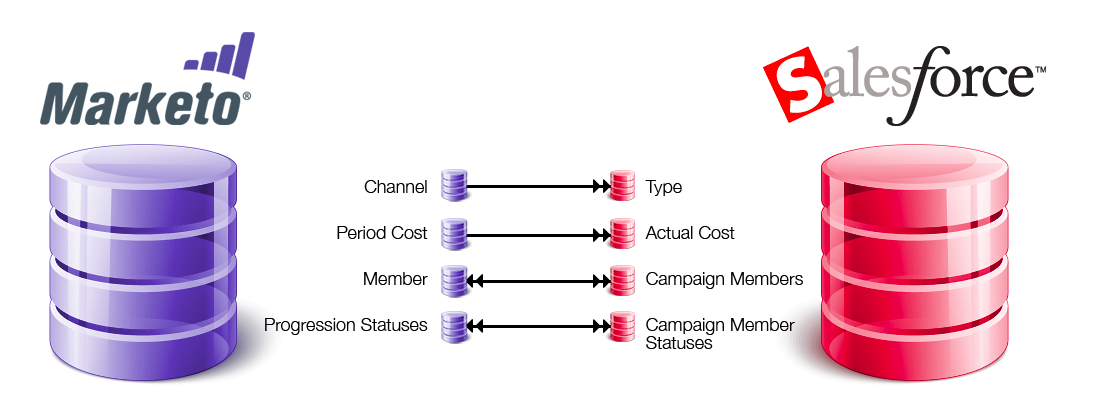On Thursday January 18 RightWave will provide a webinar showing how B2B marketing organizations can increase their ROI by instituting Data Governance on their prospect and installed base contacts. Space is limited so register as soon at https://rightwave.com/rwi/data-quality-governance In a recent report published by Demand Gen Report (DGR) 83% of the respondents said that their data is old and outdated, while 64% agreed that they do not have enough data regarding their customers.
While the majority (80%) thought that it is marketing’s responsibility (though many think responsibility is shared with sales) to update the data, 71% said that they do not have the time or the right resources to implement an effective process. Most analysts also agree that the cost of operational inefficiencies and lost opportunities due to data quality issues is much more than what enterprises spend to address the data quality issues. For marketers, bad quality of data (like duplicate, incomplete, inappropriate, or non-standard information) in the marketing database may result in:
- Inability to create right segmentation for targeting and better engagement
- Wrongly qualifying a lead leading to sales discontent and lost sales opportunities
- Not knowing how and where to grow the database to reach the addressable market
- Not being able to analyze sales and behavior data to identify buyer journeys or personas
- Poor reports and ability to measure ROI of marketing initiatives




